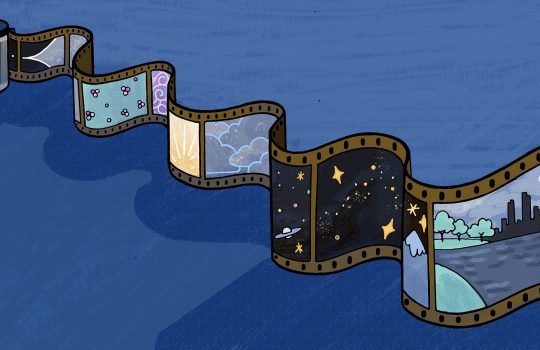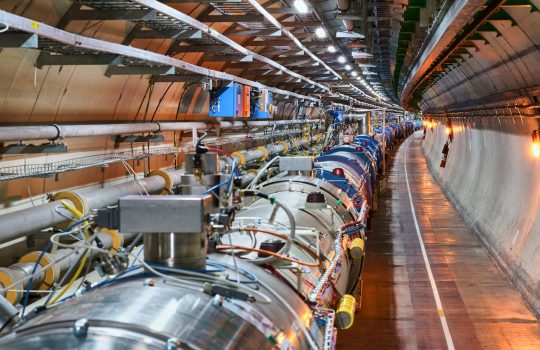Ten great reasons to build the 1.5-exaflop Frontier
From HPCWire, May 7, 2019: Fermilab scientist Andreas Kronfeld is quoted in this article that follows up on Oak Ridge National Laboratory’s announcement of plans to build the $600 million, 1.5 exaflops Frontier supercomputer.


